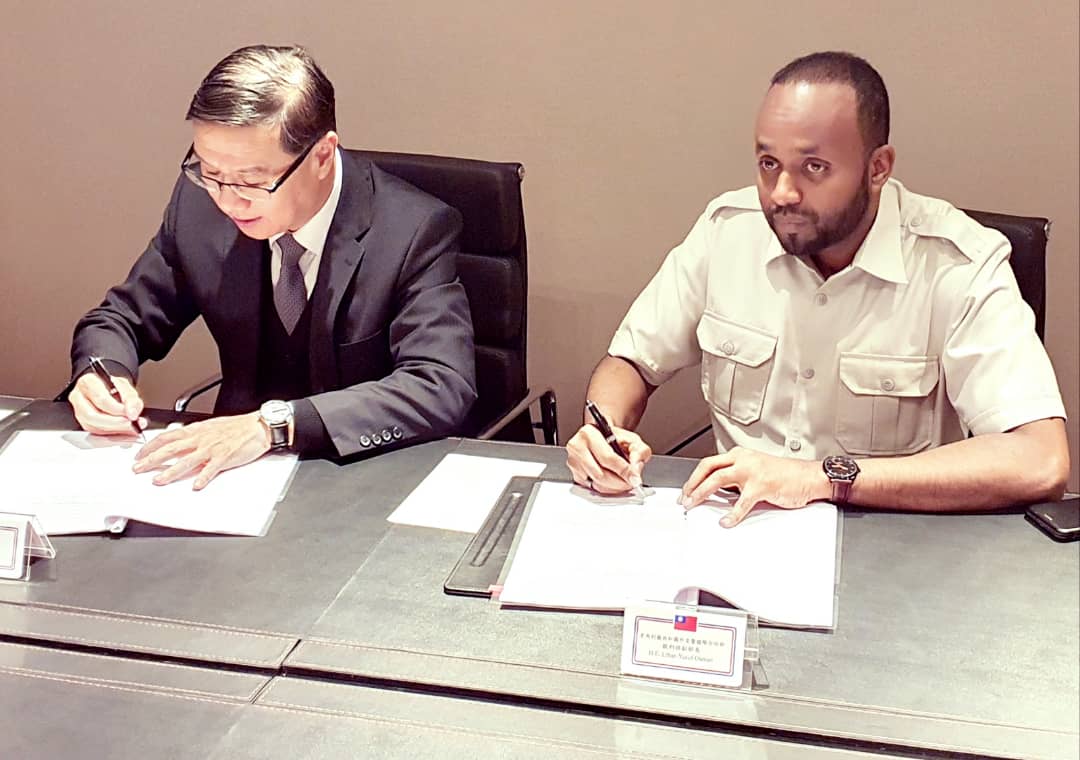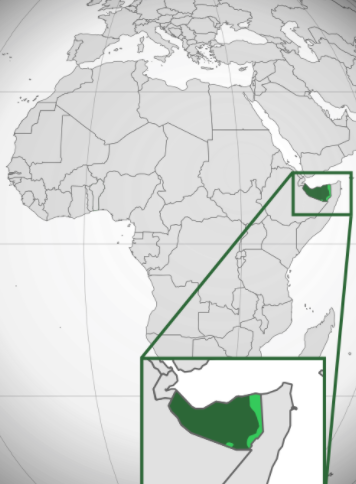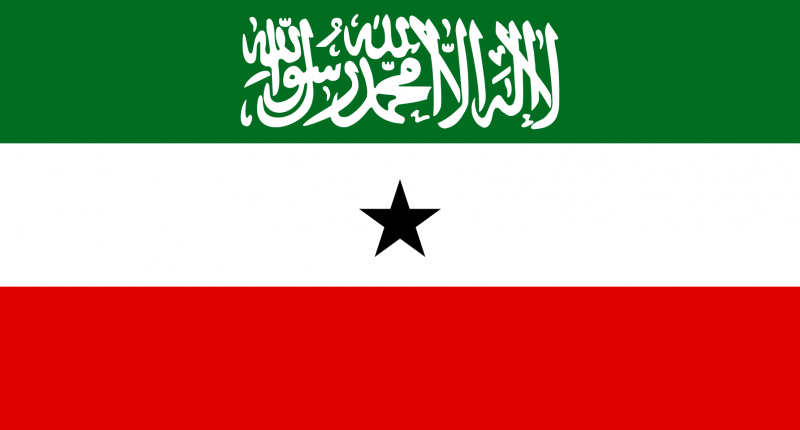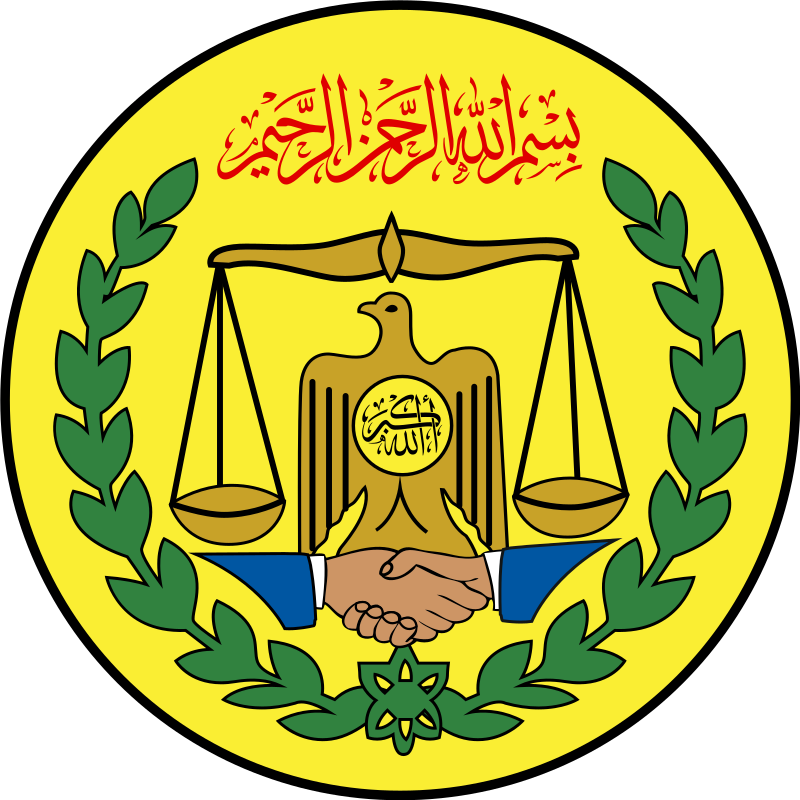This discussion of recognition centers on the question of whether Somaliland, Taiwan’s newest ally in Africa possesses the indicia of statehood.
The 1933 Montevideo Convention on the rights and duties of states provides the classic definition of a state. Under said Convention, Somaliland holds all the cards to be considered a state.

Recognition is one of the central elements of a consensual international order.
As a tool of international relations, recognition has played a critical part in the history of colonization by providing an exclusionary mechanism for European States.
In contemporary international law, however, the role of recognition is much less significant, and is pertinent only insofar as it allows a people to internationalize their claims.
Traditionally, two theories of recognition exist.
Under the constitutive theory, new states derive their existence in accordance with the will of those already established so a state becomes an international body only through recognition.
The declaratory theory on the other hand is that once a state satisfies the criteria of statehood it becomes a subject of international law, and recognition merely serves as a political act of no legal significance.
The constitutive view as formulated suffers from several defects.
State practice seems to contradict the view that prior to recognition no legal body exists, and the constitutive view does not cope with the status and obligations of an unrecognized state.
The main weakness of the declaratory view is that it relegates the act of recognition to that of a mere act of political will and makes it superfluous.
Other variants of these theories exist.
Lauterpeacht suggested that once a state satisfies the criteria of statehood, a legal duty to recognize arises, but state practice does not evidence this duty. Nevertheless, as long as recognition remains discretionary, it remains outside the scope of law and, as a result the characterization of recognition as constitutive or declaratory lacks utility.
Nonetheless even though a duty to recognize may not exist, if an entity possesses attributes of statehood, other states may put themselves at risk if they fail to recognize the entity.

The birth of Somaliland inevitably resulted from a combination of a distinct colonial experience, extreme economic exploitation and human suffering.
The irredentist policies of Somalia and the systematic discrimination bordering on genocide alienated the Somaliland populations which never acceded to the Union in the first place.
The international community has a rare opportunity to bring peace and prosperity to the Horn of Africa, before the warlords and (former President) Farmajo of butchery (infamy) in Somlia wipe out the evanescent hopes of independence in Somaliland.
By a single act of recognition, the international community can end the sad sage of human suffering and enhance the prospects for peace in the region by putting an end to the Greater Somalia concept of ‘Somali Wayn’ while also enabling the people of Somaliland to reclaim their own future
Aniis A. Essa
Head of the Somaliland Advocacy Group
Washington DC, USA











Comments are closed.